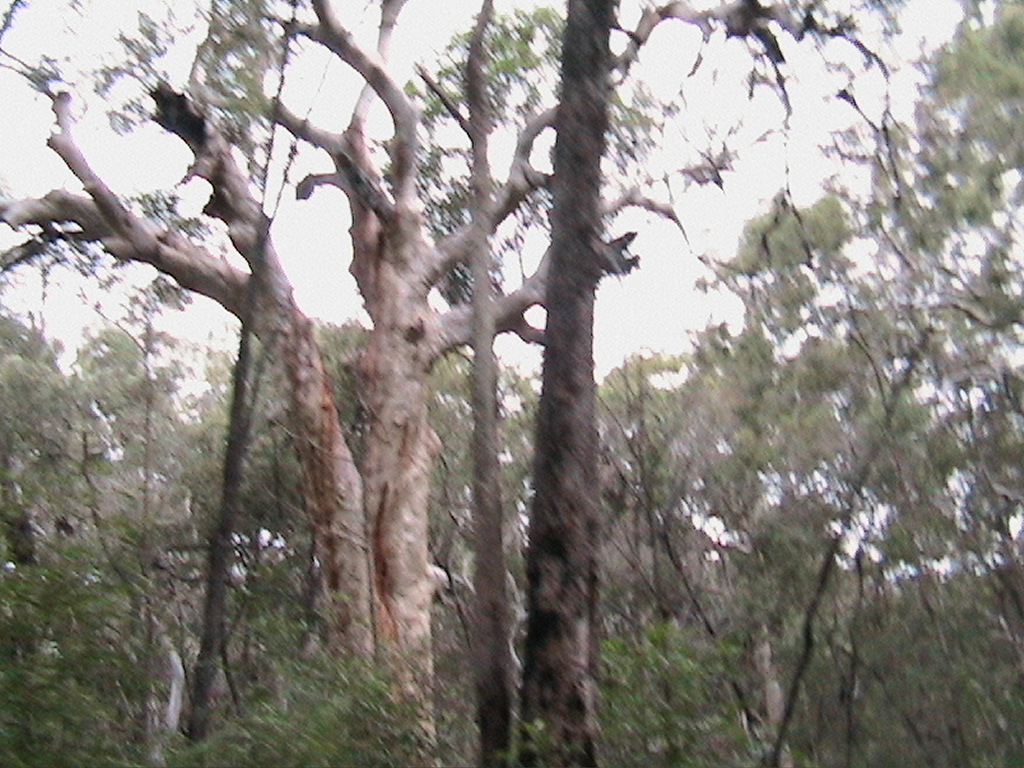Belle Gibson, an Australian wellness influencer, garnered significant media attention for her claims that she had cured her terminal brain cancer through natural remedies, including diet and products such as Apple Cider Vinegar. However, it was later revealed that her claims were largely fabricated. In 2015, investigations uncovered that Gibson had not been diagnosed with cancer as she had claimed.
Following the public outcry, she faced legal challenges, including a lawsuit by the Australian Competition and Consumer Commission (ACCC) for misleading consumers about her health and the products she promoted. In 2017, Gibson was ordered to pay over $410,000 in fines and compensation for her deceptive conduct.
Ultimately, she experienced significant fallout from her actions, including a damaged reputation and lost business opportunities. Gibson has since remained largely out of the public eye, and her case serves as a cautionary tale regarding the dangers of promoting unverified health claims.



